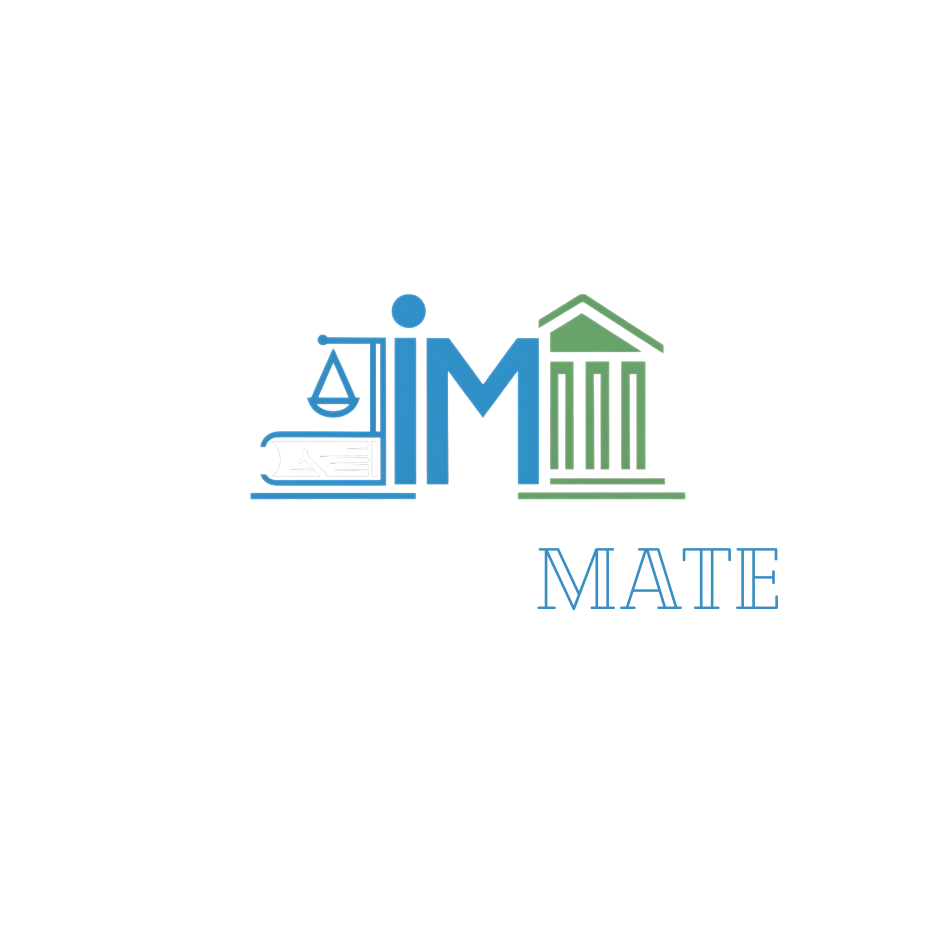Trademarks play a crucial role in protecting brands and business identities. The registration process in India is governed by the Trade Marks Act, of 1999, which provides rules for registering trademarks and conditions under which applications can be refused. Sections 9 and 11 of the Act determine whether a trademark qualifies for registration or is liable to be rejected.
Section 9: Absolute Grounds for Refusal of Trademark Registration
Section 9 of the Trade Marks Act, 1999 deals with the absolute grounds for refusing a trademark. These are mainly related to the inherent nature of the trademark itself.
Key Provisions of Section 9:
1. Devoid of Distinctive Character:
– If the trademark is not capable of distinguishing the goods or services of one entity from another, it is likely to be refused.
– For example, generic or common terms like “Sugar” for sugar products may not be granted trademark protection.
2. Descriptive Marks:
– Marks that describe the nature, quality, or characteristics of goods or services cannot be registered. For instance, a mark like “Sweet” for candies would be considered descriptive.
– An exception is made if the descriptive mark has acquired distinctiveness through use over time (also known as “secondary meaning”).
3. Customary Marks:
– Words or indications that have become customary in the trade or common language (like “best quality”) are ineligible for trademark protection.
4. Deception or Confusion:
– A mark that is likely to deceive or cause confusion among the public will be refused. This includes marks that mislead regarding the nature or geographical origin of goods or services.
5. Contrary to Law, Morality, or Scandalous Nature:
– Trademarks that are obscene, offensive, or contrary to public morality will not be registered.
– Marks that represent illegal activities or are against public order are also excluded.
6. Prohibited under Emblems and Names (Prevention of Improper Use) Act, 1950:
– Marks containing symbols, flags, emblems, or names protected under this Act are prohibited from registration.
Section 11: Relative Grounds for Refusal of Trademark Registration
Section 11 deals with the relative grounds for refusal, primarily concerning conflicts with existing trademarks or the potential to confuse consumers.
Key Provisions of Section 11:
1. Likelihood of Confusion:
– A trademark will be refused if it is identical or similar to an earlier registered mark and relates to similar goods or services, creating the likelihood of confusion.
– For example, if there is already a registered trademark “Star Electronics” for electronics, another business cannot register “Star Electronics” for the same or related goods.
2. Well-Known Trademarks:
– If the mark is identical or similar to a well-known trademark, it can be refused, even if the goods or services are different. This protects famous brands from being diluted or misused.
– For instance, even if “Apple” is a well-known trademark for electronics, the use of “Apple” for another category like food could be denied to avoid dilution.
3. Bad Faith Applications:
– Trademarks applied for with dishonest intent (e.g., to block a competitor) or in bad faith will not be registered. Authorities assess the intent behind the application.
How to Overcome Refusal Under Sections 9 and 11:
1. Evidence of Use and Distinctiveness:
– In cases where the trademark is refused on grounds of being descriptive or non-distinctive, the applicant can provide evidence that the mark has acquired distinctiveness through continuous and substantial use in commerce.
2. Consent from Prior Trademark Owner:
– In some cases, a prior trademark owner may provide consent, allowing a similar trademark to be registered despite potential conflict.
3. Limiting the Scope of Goods/Services:
– Applicants can also limit the scope of goods and services to avoid conflicts with earlier marks. For instance, specifying a particular class or category can help avoid confusion with a previously registered mark.
Conclusion:
Understanding Sections 9 and 11 of the Indian Trade Marks Act is critical for businesses seeking trademark registration. Section 9 focuses on the inherent attributes of the trademark, while Section 11 deals with its relationship with other trademarks in the market. For smooth registration, it’s essential to ensure that a mark is distinctive, non-deceptive, and does not conflict with existing trademarks.
Hiring a legal expert or trademark attorney can assist in navigating the complexities of the registration process and overcoming possible objections.
If you’re looking to hire a legal expert for trademark registration or assistance with overcoming refusals under the Trademark Act, please feel free to get in touch with our expert ACS Gauravdeep Singh.
With proper registration, businesses can build strong brand recognition, protect their intellectual property, and gain a competitive edge in the market.
Contact Us:
– Phone: +91 8708564647
– Email: csmehrok93@gmail.com
– Office Address: SCO 68 , Second Floor , Sector 32 C, Chandigrah-160030
This blog aims to provide valuable insights into the trademark registration process in India while ensuring that it is optimized for SEO purposes, making it easier for potential clients to find this information online
